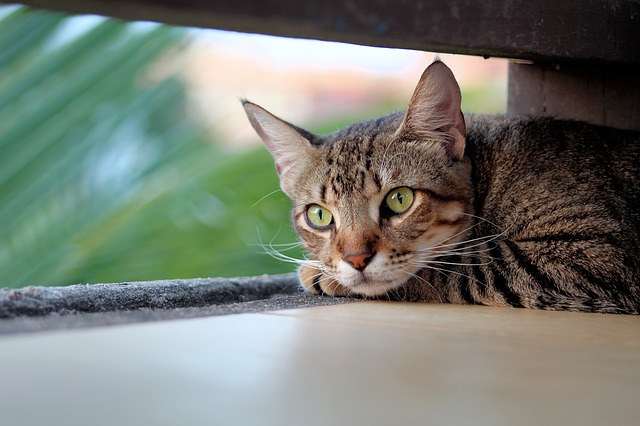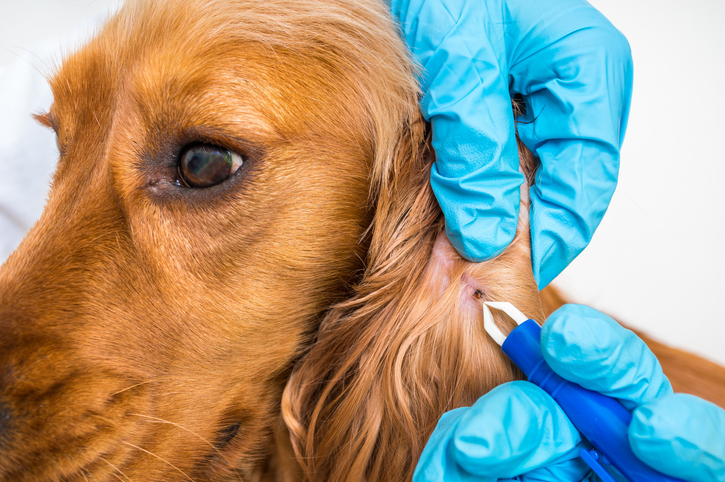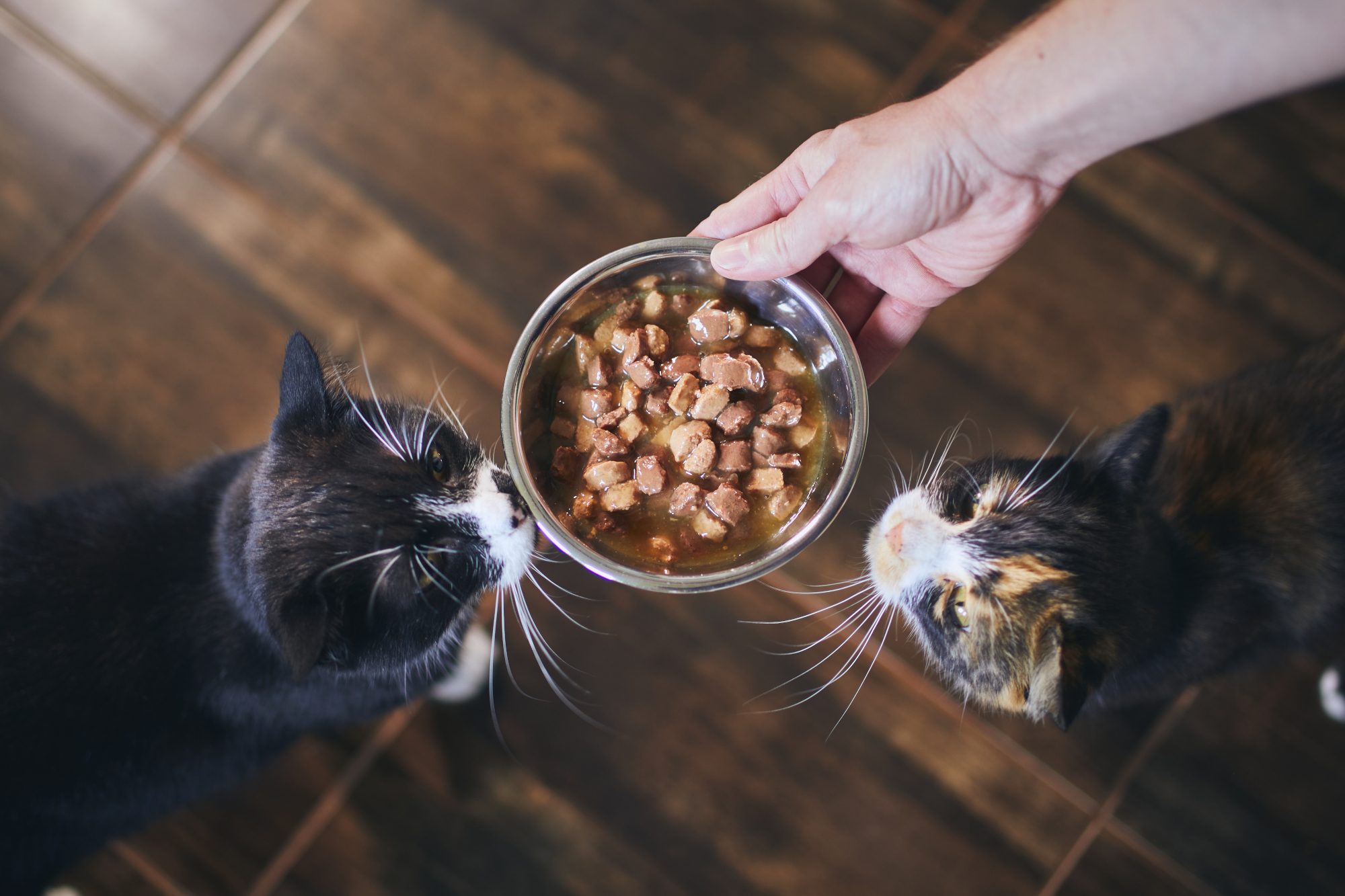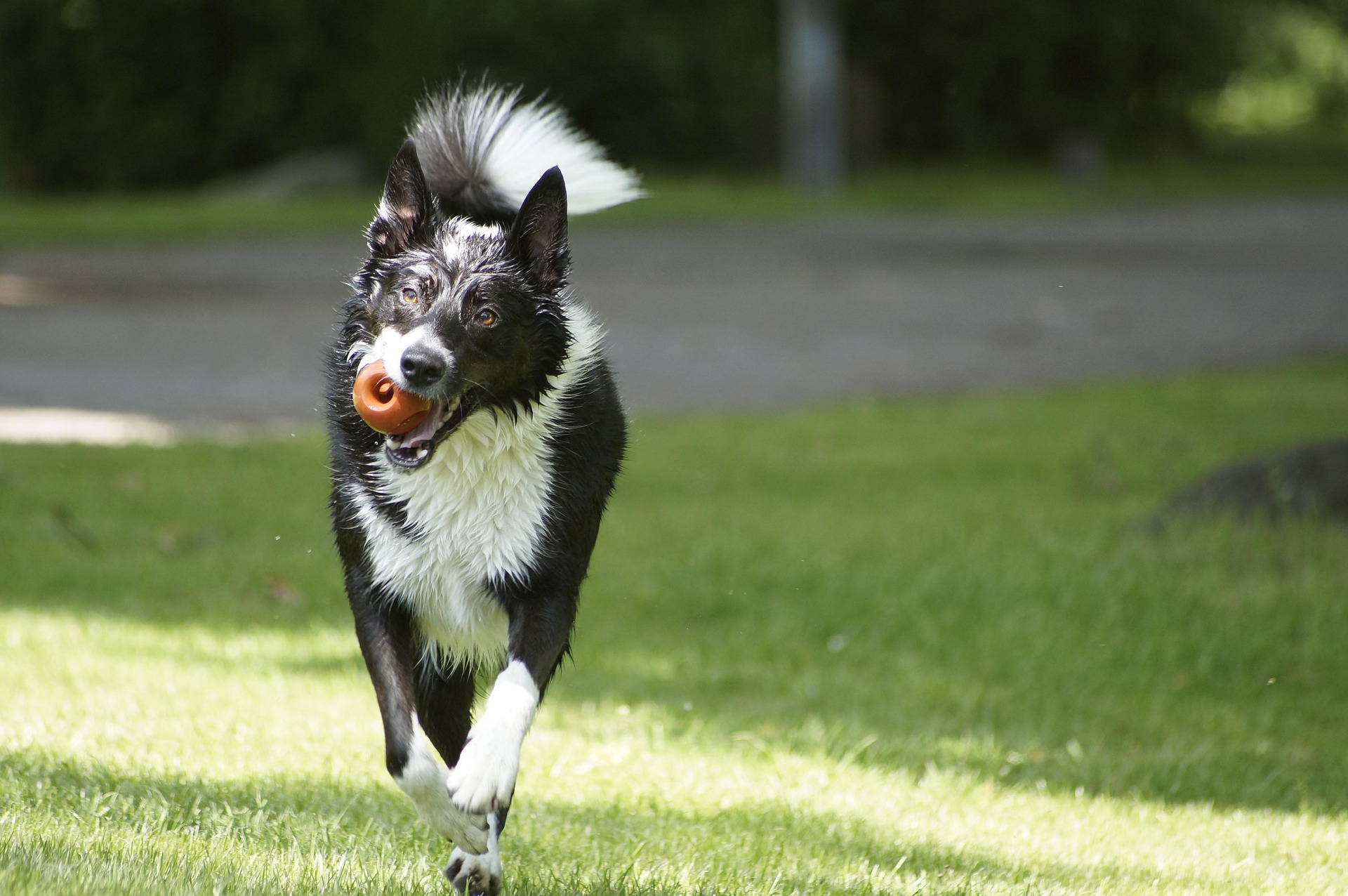Cats don’t drool very much and when owners discover their cat drooling at all, they often worry about it. Sometimes, there is good reason to worry. It is important to note if your cat drools only now and then or if it is ongoing or excessive, in which case, it indicates a problem needing treatment.
In general, the reason for cat drooling falls into one of three categories:
- Emotional stimulation
- Mouth or jaw irritation, or a foreign body in the mouth or throat
- Disease, poison, or respiratory condition
If your cat drools only once in a while, don’t worry, they’re probably fine! However, if your cat drools a lot, it means there is a problem and you need to take your cat to a veterinarian. Watch for other symptoms that accompany the drooling and report these to your veterinarian. Providing as much additional information as possible can help speed up the diagnostic process and determine the appropriate treatment needed. Remember that preventive solutions and, if needed, early treatment equals a more successful outcome.
Emotional Stimulation Can Cause Drooling
- Happy and Relaxed – Cat drooling often occurs when pets are happy or when they are asleep. Drooling in these cases means you have a happy cat. When being pet and cuddled, some cats show that they are relaxed and are enjoying your attention by drooling blissfully. When sleeping soundly and relaxed, they sometimes drool slightly just as humans do. Drooling will stop when the relaxation or joyful period ends.
- Fearful and Nervous – Some drooling occurs when cats are afraid and nervous, such as when travelling or reaching a new destination, or when a new pet is introduced into the household. After a period of drooling, some cats will vomit, especially if travelling and the motion causes nausea. Drooling will stop soon after the travelling is over or after kitty adjusts to the new surroundings, or the new situation.
Don’t worry if drooling occurs now and then under these conditions and only a small amount of saliva is produced.
A Cat Drooling Because of Irritation or Trauma Needs Attention
- Dental Problems or Gum Disease – Both of these conditions can cause drooling and require veterinary care and attention. If a cat has a broken tooth, cavities (known as resorptive lesions), a lot of tartar on their teeth, or is suffering from irritated gums or gum disease, your cat will drool in an attempt to remove whatever is hurting from his or her mouth. Other symptoms you may see of dental problems in cats are traces of blood in the saliva or their mouth may have an unpleasant odour, or your cat may resist or absolutely refuse to chew on their favourite hard food and treats.
- Jaw Trauma – If your cat has been injured by an encounter with another animal or a fall or by any accident that has caused a problem with the jaw, your cat will start drooling because it is too difficult or painful to close his or her mouth. Your cat may refuse to let you touch their jaw and face.
- A Foreign Body Swallowed – Occasionally a cat may accidently swallow something that gets caught in the mouth, tongue, or back of the throat such as a fish bone or sharp grass blade. Anything that causes your cat pain in the mouth or throat will cause him or her to drool in an attempt to soothe the pain or remove the foreign body.
All these problems will cause excessive and ongoing drooling, so your cat must be taken to a veterinarian to determine exactly what happened and what can be done to help.
Seek Urgent Care for Cats Drooling from Disease, Poison, or Respiratory Problems
- Various Diseases Cause Ongoing Cat Drooling
- Oral Cancer – Owners should keep watch for clinical signs of cancer in cats, especially in the mouth. These signs can include drooling, bad breath, refusing to eat, dropping food from the mouth, and weight loss. Early treatment means a prolonged life.
- Kidney Failure – This is a serious illness to which cats are prone to. Clinical signs of kidney problems are drooling, bad breath, weight loss, increased thirst, and increased urination as shown by larger than usual clumps in the litter box. Mention all these signs to your veterinarian so that tests for, and treatment of, kidney problems can begin immediately.
- Poison Needs Immediate Attention
- Corrosive poisons – These are as dangerous to cats as they are to dogs. Laundry detergent and various cleaners can cause vomiting and diarrhea in dogs, but much bigger problems in cats include burns in the mouth, tongue, esophagus, and stomach, indicated by excessive drooling. If this happens, carefully flush out the mouth of your pet with water and offer a tasty liquid like canned tuna water or milk to soothe your pet and dilute the substance. Contact an Animal Poison Control Centre and your veterinarian for advice and help.
- Plant poisons – As with corrosive household products, some plants can cause intense burning of a cat’s mouth although they are not nearly as dangerous to a cat’s life. (An exception is the deadly Easter lily—don’t allow one in the house!) For most other plants, flush your pet’s mouth out with water and then offer some to drink. Consult a veterinarian if your cat continues to drool excessively and also vomits and refuses to eat.
- Respiratory Conditions
- Some cats can contract a viral respiratory condition that leads to mouth ulcerations. The sign is the development of excessive saliva, and the pet parent can check inside their cat’s mouth and see the ulcers. The veterinarian will treat the respiratory infection as well as the cat’s sore mouth.
How to Prevent Your Cat from Drooling Too Much
Taking your cat to your veterinarian for an annual checkup can certainly reduce some of the problems that cause ongoing or excessive drooling. Keeping your cat’s vaccinations up to date reduces the chances of illnesses, and having your veterinarian monitor your cat’s teeth and gums will ensure they remain healthy, which also reduces drooling problems.
An indoor cat runs less risk of encountering dangerous animals and situations that can cause poisoning, injury, or respiratory infections compared to outdoor cats.
Introduce your cat to a carrier by placing it in a room nearby with treats and toys inside. When your cat learns to go in and out, you can close the door a few times very briefly. When your cat is used to this action, you can take him or her outside in the carrier and place your cat in the car with a special treat for a little while. Eventually, you can drive around the block and then go for longer trips until your cat is used to the carrier, the car, and the traveling motion. Few cats ever enjoy traveling, but you can lessen your cat’s fear and the drooling that accompanies it.
Cats don’t drool very much or very often; therefore, if your cat starts to drool excessively, pay attention. Note all the other symptoms that are present at the same time and take your cat to a veterinarian and report them. Something is wrong and your cat is depending on you to take care of their problem.
Creative Commons Attribution: Permission is granted to repost this article in its entirety with credit to Hastings Veterinary Hospital and a clickable link back to this page






